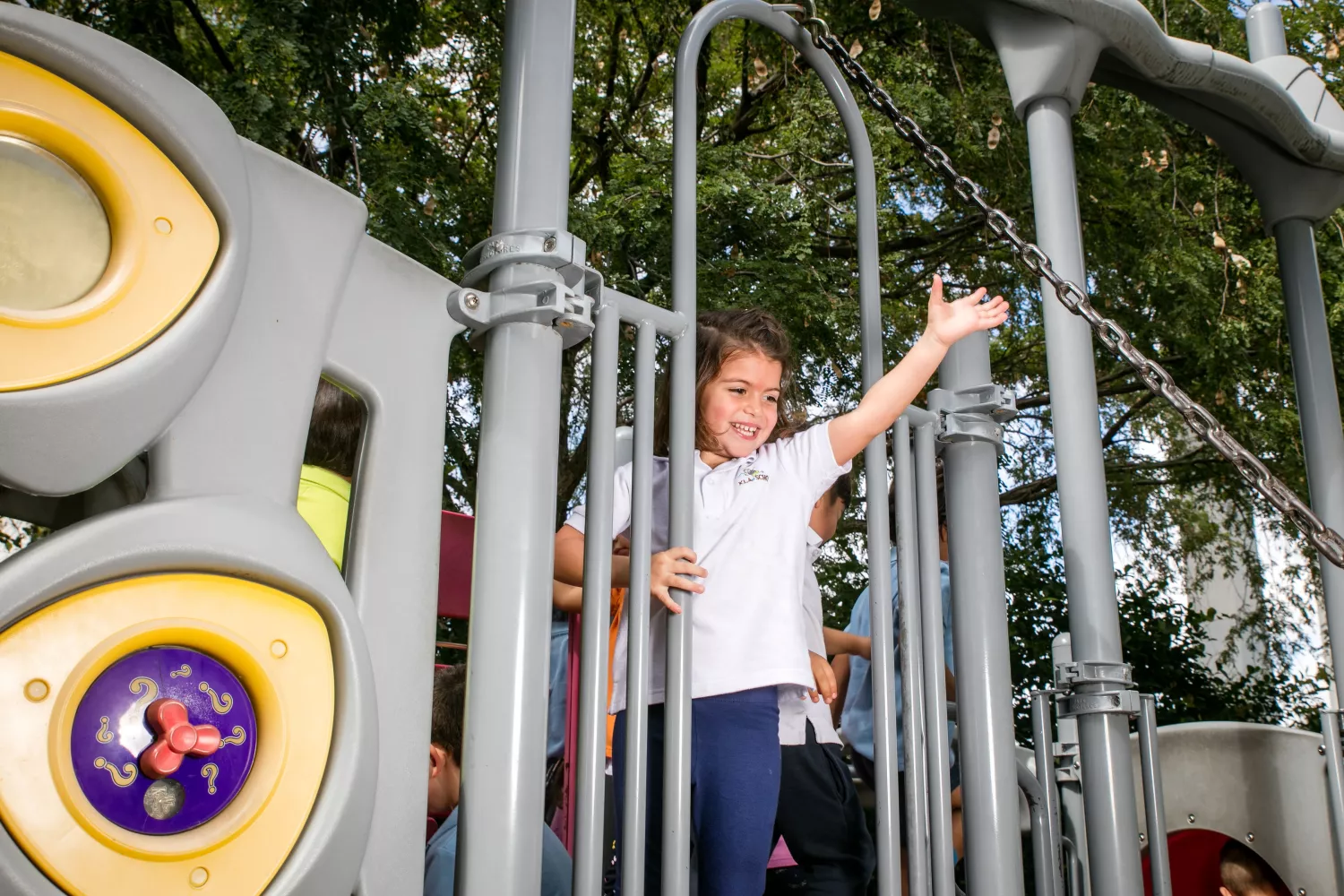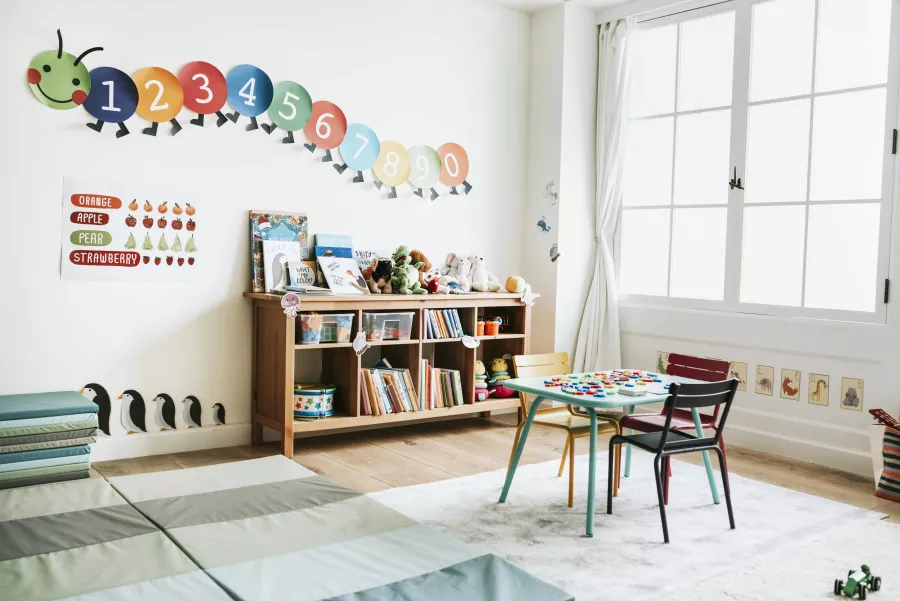Choosing a Kindergarten for Your Child: A Comprehensive Guide
Topics: School Life
Age Range: Preschool
Understanding the Importance of Choosing a Kindergarten Early
Starting the search for a kindergarten or a transitional kindergarten well in advance allows parents to make thoughtful, informed decisions. Kindergarten lays the foundation for a child’s academic, emotional, and social future. A nurturing environment fosters skills like problem-solving, resilience, empathy, and independence. Planning early gives families time to explore different philosophies, understand what each school offers, and reflect on what environment best supports their child's personality, learning style, and developmental needs. Schools with strong reputations often have limited spots, and waiting lists can fill quickly. Beginning early helps ensure access to the programs that align most closely with your family’s values. For families with younger children who are still considering early childhood education options, understanding the broader landscape of choosing a daycare or transitional kindergarten can provide valuable insights that will inform later kindergarten decisions as well.
Key Factors to Consider When You Begin Your Search for Kindergarten
Choosing the right kindergarten requires balancing several key factors, each crucial in shaping your child's early school experience.
- Educational philosophy: It’s essential to understand whether a school focuses on child-led exploration, structured academics, or creative expression. Some programs integrate multiple approaches to balance learning.
- Teacher qualifications: Strong kindergarten programs employ experienced, credentialed educators who engage in continuous professional development. Their expertise in early childhood development helps support every child's individual growth.
- Class size and ratios: Smaller classes mean more opportunities for personalized attention, allowing teachers to cater to diverse learning styles and build stronger emotional connections with each student.
- Facilities and safety: Bright, well-organized classrooms with developmentally appropriate resources stimulate exploration and learning. Outdoor spaces should encourage active play while maintaining strict safety standards.
- Curriculum breadth: High-quality kindergartens go beyond reading and math to nurture creativity, social skills, scientific thinking, and physical development, offering a holistic experience.
- Parent communication: Schools that maintain regular communication with parents foster strong partnerships, ensuring that learning continues consistently between school and home.
Considering these aspects, families can align their choice with immediate developmental needs and long-term learning goals.
Academic Programs and Learning Approaches in Kindergarten Settings
The structure of kindergarten programs significantly impacts how children experience learning during these formative years. Understanding various educational approaches can help parents select a program where their child will thrive:
- Montessori programs emphasize independent exploration within carefully prepared environments, allowing children to progress at their own pace while developing decision-making skills.
- Reggio Emilia approach places children’s interests at the center of the curriculum. Teachers act as collaborators, and projects emerge from students' natural curiosities, promoting critical thinking and communication. For parents considering these two popular educational philosophies, exploring a detailed comparison of Reggio Emilia vs Montessori approaches can help determine which methodology best aligns with their child's learning style and family values.
- Traditional academic programs offer more structured, teacher-led learning, focusing on early literacy, mathematics, and classroom routines.
- Play-based learning embraces the philosophy that cognitive and emotional skills develop naturally through imaginative play, movement, and peer collaboration.
- Language immersion programs introduce a second language during early childhood when language acquisition is most natural, building linguistic and cognitive flexibility.
Matching a program to your child’s personality, whether an explorer, an academic learner, or a hands-on experimenter, ensures a positive start to their educational journey.
Comparing Public, Private, and Charter Kindergarten Options
Families often face choices among public, private, and charter kindergartens, each offering distinct advantages depending on needs and priorities:
- Public kindergartens provide free education, funded by local taxes, and follow state-mandated curricula. They often offer diverse classrooms and resources for special education services.
- Private kindergartens operate independently of government oversight and charge tuition. They may offer unique educational philosophies, smaller class sizes, and tailored approaches to individual learning, but at a financial cost.
- Charter schools blend elements of public and private models. They are publicly funded but independently managed and may offer specialized focus areas such as STEM education, arts integration, or bilingual instruction.
Understanding the strengths and limitations of each option allows parents to match their expectations with their child's needs and family circumstances.
Questions to Ask When Choosing a Kindergarten
Visiting schools and engaging with administrators and teachers is essential to the selection process. Asking informed questions provides deeper insight into a school's daily operations and culture:
- How is the curriculum structured to integrate academic learning with creative play and emotional development?
- What is the daily schedule, and how are transitions handled throughout the day?
- What ongoing training and professional development do teachers and staff receive?
- How does the school support children with different learning styles or developmental needs?
- What communication methods exist between teachers and families, and how often are updates provided?
- How does the school incorporate diversity, equity, and inclusion into its curriculum and culture?
- What safety and health measures are in place, especially concerning emergency preparedness and allergy management?
- How are social-emotional skills taught and reinforced throughout the day?
- What opportunities are there for parental involvement in classroom activities and school events?
- How does the school measure and report student growth beyond academics, such as social skills and emotional resilience?
Thoughtful questions ensure a comprehensive understanding of the environment where your child will spend significant formative years.
Why Visiting a Kindergarten in Person Is Essential
Nothing replaces an in-person visit, no matter how detailed a school’s website or marketing materials are. Experiencing the environment firsthand allows parents to see how educational philosophies are implemented. During a visit, observe:
- How teachers interact with students—look for warmth, patience, and encouragement.
- Whether classrooms are dynamic, child-centered, and organized to promote exploration and independence.
- Children should appear engaged, enthusiastic, and at ease in the emotional atmosphere.
- The state of the outdoor spaces and whether they encourage physical development and imaginative play.
- Communication styles among staff members and between staff and parents.
During an on-site visit, pay attention to what is said and how you feel. A nurturing, vibrant atmosphere often speaks louder than any brochure or curriculum guide. Within these walls, your child will take crucial first steps toward lifelong learning, friendships, and personal discovery. Trust your observations—they are valuable tools in this important decision.

Building a Foundation for Lifelong Learning Through Thoughtful Kindergarten Choices
Selecting a kindergarten involves more than just finding a school; it's about finding a place where your child will feel safe, inspired, and valued. Your chosen environment will influence how your child views education, problem-solving, relationships, and personal achievement for years to come. Take the time to research thoroughly, visit attentively, ask critical questions, and trust your instincts about where your child will flourish.
At KLA Schools, we understand the importance of these early educational experiences. Our kindergarten program embraces a child-centered approach inspired by the Reggio Emilia philosophy, fostering creativity, collaboration, critical thinking, and a lifelong love of learning. We invite you to visit KLA Schools and see firsthand how our nurturing, dynamic environments empower children to thrive. Schedule a tour today and discover how KLA Schools can help build the perfect foundation for your child's future success.

